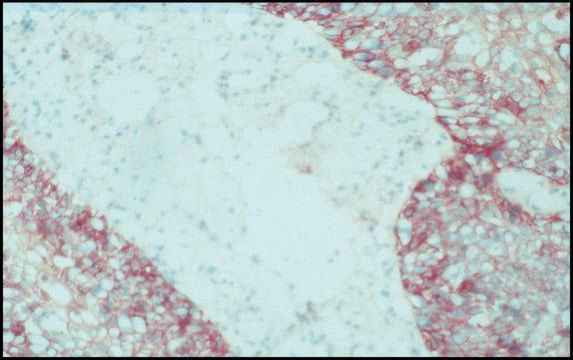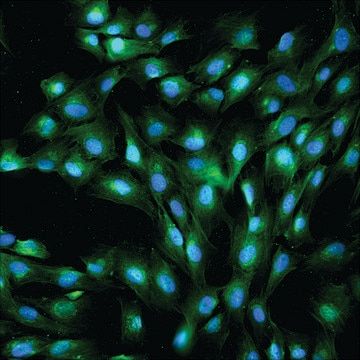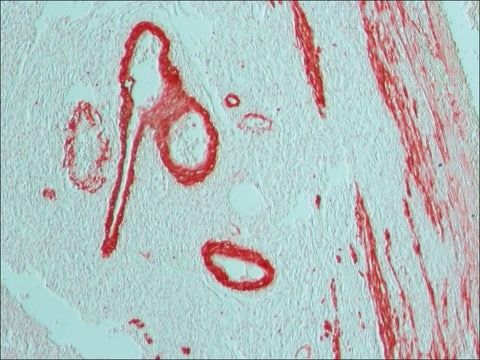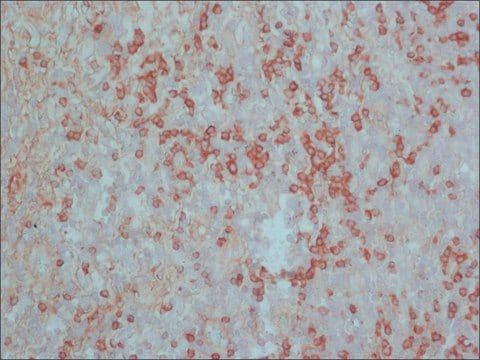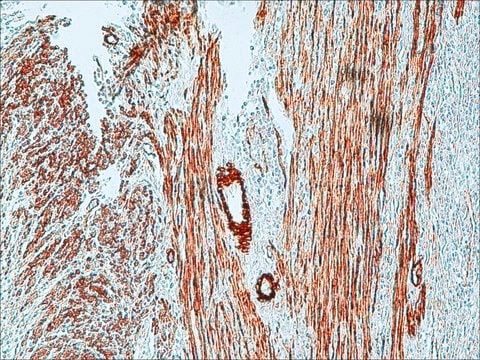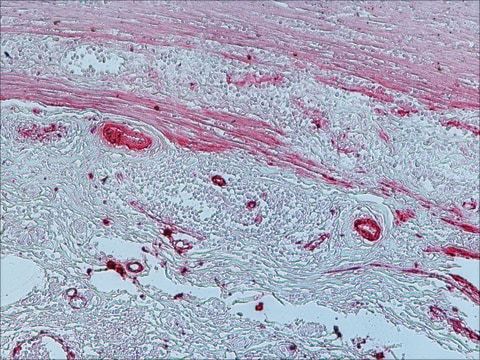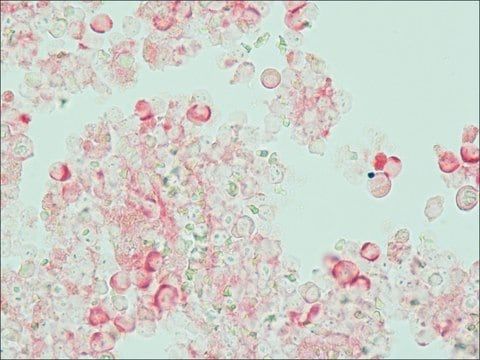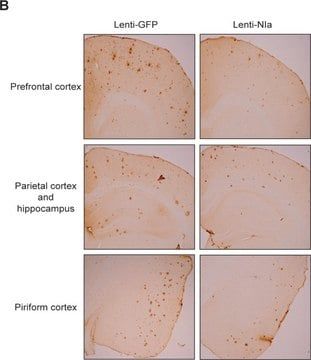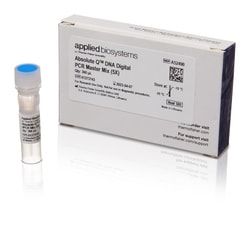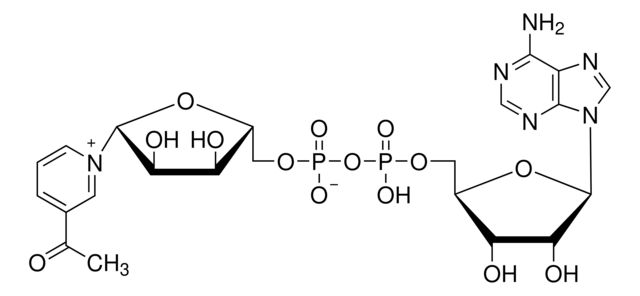A5213
Anti-β-Amyloid antibody, Mouse monoclonal
clone BAM-10, ascites fluid
Manufacturer: Sigma Aldrich
Synonym(S): Anti-β-Amyloid antibody, Mouse monoclonal, Anti-A-BETA, Anti-Amyloid β Precursor Protein, Clone BAM91
Select a Size
| Pack Size | SKU | Availability | Price |
|---|---|---|---|
| 0.2 ML | A5213-0.2-ML | In Stock | ₹ 71,706.00 |
A5213 - 0.2 ML
In Stock
Quantity
1
Base Price: ₹ 71,706.00
GST (18%): ₹ 12,907.08
Total Price: ₹ 84,613.08
biological source
mouse
Quality Level
200
conjugate
unconjugated
antibody form
ascites fluid
antibody product type
primary antibodies
clone
BAM-10, monoclonal
contains
15 mM sodium azide
species reactivity
human
enhanced validation
independentLearn more about Antibody Enhanced Validation
technique(s)
immunohistochemistry (formalin-fixed, paraffin-embedded sections): 1:2,000 using formic acid-treated, formalin-fixed, human Alzheimer′s disease (AD) brain sections.indirect ELISA: suitable
Description
- General description: β-amyloid protein or aβ4 is derived from larger protein that belongs to the family of 70kDa transmembrane glycoproteins (amyloid precursor proteins, APP). These are produced in various isoforms by alternative splicing. APPs are synthesized by many tissues including brain cells. Abnormal β-amyloid protein deposits have been associated with Alzheimer′s disease, Down′s syndrome, Dutch-type amyloidosis and Lewy body dementia.
- Specificity: Monoclonal Anti-β-Amyloid Protein reacts specifically with β-amyloid protein. The epitope recognized by the antibody resides within amino acid residues 1-12 of the β-amyloid protein. The antibody specifically stains amyloid plaques within the cortex, and amyloid deposits in blood vessels, in formic acid-treated, formalin-fixed, paraffin-embedded and Methacarn-fixed sections of human Alzheimer′s disease (AD) brain tissue.
- Immunogen: Synthetic β-amyloid peptide, conjugated to KLH.
- Application: Monoclonal Anti- β Amyloid Protein may be used for the localization of β -amyloid protein using various immunochemical assays such as ELISA, competitive ELISA and immunohistochemistry.
- Biochem/physiol Actions: β-amyloid fragments are amyloidogenic and neurotoxic both in vitro and in vivo. The presence of a large number of neuritic (senile) plaques and neurofibrillary tangles in the cerebral cortex is used as a pathological marker for a disease state and presents the major criterion for the diagnosis of Alzheimer′s disease at autopsy. A monoclonal antibody reacting specifically with β-amyloid protein is valuable for studying the nature of the β-amyloid protein by enabling detection and localization of β-amyloid protein and fragments.
- Physical form: Monoclonal Anti-β-Amyloid Protein is provided as ascites fluid with 15mM sodium azide as a preservative.
- Storage and Stability: For continuous use, store at 2-8 °C for no more than one month. For extended storage, freeze in working aliquots. Repeated freezing and thawing is not recommended. Storage in "frost-free" freezers is not recommended. If slight turbidity occurs upon prolonged storage, clarify the solution by centrifugation before use.
- Disclaimer: Unless otherwise stated in our catalog or other company documentation accompanying the product(s), our products are intended for research use only and are not to be used for any other purpose, which includes but is not limited to, unauthorized commercial uses, in vitro diagnostic uses, ex vivo or in vivo therapeutic uses or any type of consumption or application to humans or animals.
SAFETY INFORMATION
WGK
nwg
Flash Point(F)
Not applicable
Flash Point(C)
Not applicable
Compare Similar Items
Show Difference
biological source: mouse
Quality Level: 200
conjugate: unconjugated
antibody form: ascites fluid
antibody product type: primary antibodies
clone: BAM-10, monoclonal
contains: 15 mM sodium azide
species reactivity: human
enhanced validation: independentLearn more about Antibody Enhanced Validation
technique(s): immunohistochemistry (formalin-fixed, paraffin-embedded sections): 1:2,000 using formic acid-treated, formalin-fixed, human Alzheimer′s disease (AD) brain sections.indirect ELISA: suitable
biological source:
mouse
Quality Level:
200
conjugate:
unconjugated
antibody form:
ascites fluid
antibody product type:
primary antibodies
clone:
BAM-10, monoclonal
contains:
15 mM sodium azide
species reactivity:
human
enhanced validation:
independentLearn more about Antibody Enhanced Validation
technique(s):
immunohistochemistry (formalin-fixed, paraffin-embedded sections): 1:2,000 using formic acid-treated, formalin-fixed, human Alzheimer′s disease (AD) brain sections.indirect ELISA: suitable
